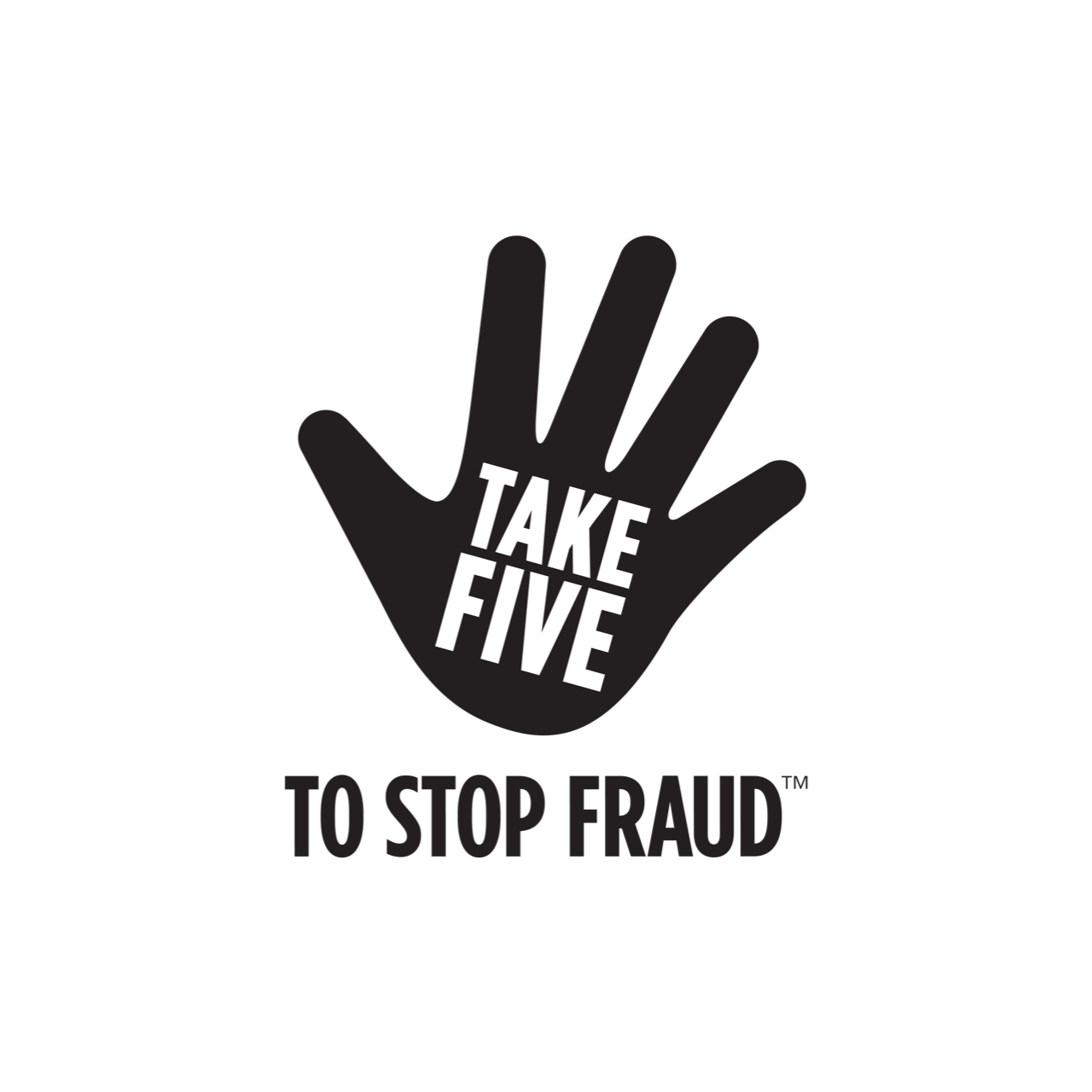You've recently been getting in touch with us after seeing a specific kind of scam.
Someone's been contacting people claiming to be from Monzo, to verify some information about their account. During this call, the fraudsters asked people for their PIN, which they plan to use to take their money.
These kinds of scam have been around for years, and fraudsters target customers at lots of different banks. So we wanted to explain how they work and help you protect yourself.
Fraudsters are trying to trick you into sharing your PIN
This usually starts off with what's called a phishing scam. Typically, you'll get an email telling you your email account's been compromised, and you need to reset your password using a link.
If you click this link and fill in the information, you'll unwittingly give the fraudster your details.
Once they have your email address, password and phone number they can:
Gain access to your Monzo app
See your personal details, like your full name and address
Once they have this information, they'll call you from a number that's meant to look like Monzo's. This is called 'spoofing' and unfortunately is relatively easy to do.
Because they know your personal details and the other information they can see in your app (like your transactions), they can make the call sound more believable. They'll confirm some details with you on the phone to make you think you're talking to someone who actually works at Monzo. Then they'll ask you to tell them your PIN.
If you give them your PIN, they'll be able to move money out of your account by making a bank transfer, which can take just seconds.
You should never tell anyone your PIN
Remember, Monzo or any other bank will never ask you to tell us your PIN. And you should never let anyone know your PIN.
You should only ever enter your PIN in the Monzo app, at a cash machine, or when you're making a payment with your card.
If you use Monzo, we’ll never ask you to tell us your PIN
We'll also never:
Call you without arranging it through in-app chat first
Ask you to share any sensitive information about yourself or your account, especially your PIN
Ask you to move your money out of Monzo into a "safe account"
Ask you to withdraw or transfer money, or buy something on your card, or hand it over for safekeeping
Send someone to your home to collect cash, a PIN, or cards.
Learn how to protect yourself
Because fraudsters move money out of your account by bank transfer, it's very difficult to get your money back. Bank transfers move money instantly, so they're almost impossible to cancel. And fraudsters often quickly move the stolen money out of the account they sent it to, before you even realise anything's wrong.
Here are some important tips to help you avoid falling victim to a scam like this:
Question who you're talking to. This is the most important thing you can do in order to protect yourself. If you receive a call from someone stating they're from your bank, hang up and call your bank back using the number on your bank card to verify you're really speaking with your bank.
Never reveal your PIN to anyone. Monzo nor any other bank will never ask you for your PIN. If someone who claims to be from your bank asks for your PIN, hang up the phone. They're a fraudster.
Take your time. Fraudsters will scare you into sending money or revealing details, by saying your account is under threat. An organisation you trust will never try to panic you, stop you from talking to friends or family, or force you into making a bank transfer on the spot.
Have the confidence to say no. If someone calls you saying your bank account is at risk, hang up the phone and call your bank on a number you trust (i.e. the one on the back of your card).
If you have any doubts at all, it's always better to double check than go along with it. Because once your money’s gone, it's often incredibly difficult to get it back.
